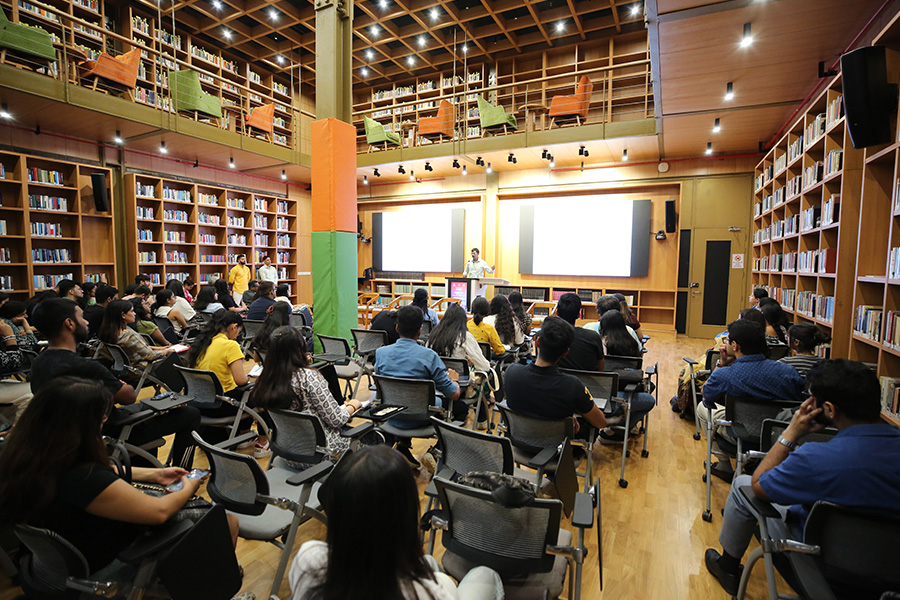
The Bar Council of India must introduce clinical courses that focus on the legal needs of rural communities.
Authors
Ajay K. Pandey, Professor, Jindal Global Law School, O.P. Jindal Global University, Sonipat, Haryana, India.
Shireen Moti, Assistant Professor, Jindal Global Law School, O.P. Jindal Global University, Sonipat, Haryana, India.
Summary
Clinical legal education (CLE) strives to develop competent and socially relevant legal professionals who can render legal services to the masses. Clinics are largely known to focus on the needs of individual clients as opposed to imparting community legal education. However, a growing body of literature suggests that clinics must focus more on social justice lawyering.
This article aims at contributing to this emerging body of work. The Rural Governance, Justice, and Citizen Participation clinic elective course (course) has been taught at the O.P. Jindal Global University by the lead author of this article since 2010. The co-author of this article was a student in the inaugural batch of the course.
The course aims at familiarising students with the growing “disconnect” between the promise and reality of law. The authors recommend that the guarantee of “equal access to justice” can be achieved as follows: (i) law schools must offer clinical courses focused on rural communities; (ii) the Bar Council of India must introduce clinical courses that focus on the legal needs of rural communities; and (iii) law schools must adopt a “good practices” framework for teaching community-centric clinical courses to empower rural communities.
Published in: The Law Teacher
To read the full article, please click here.

